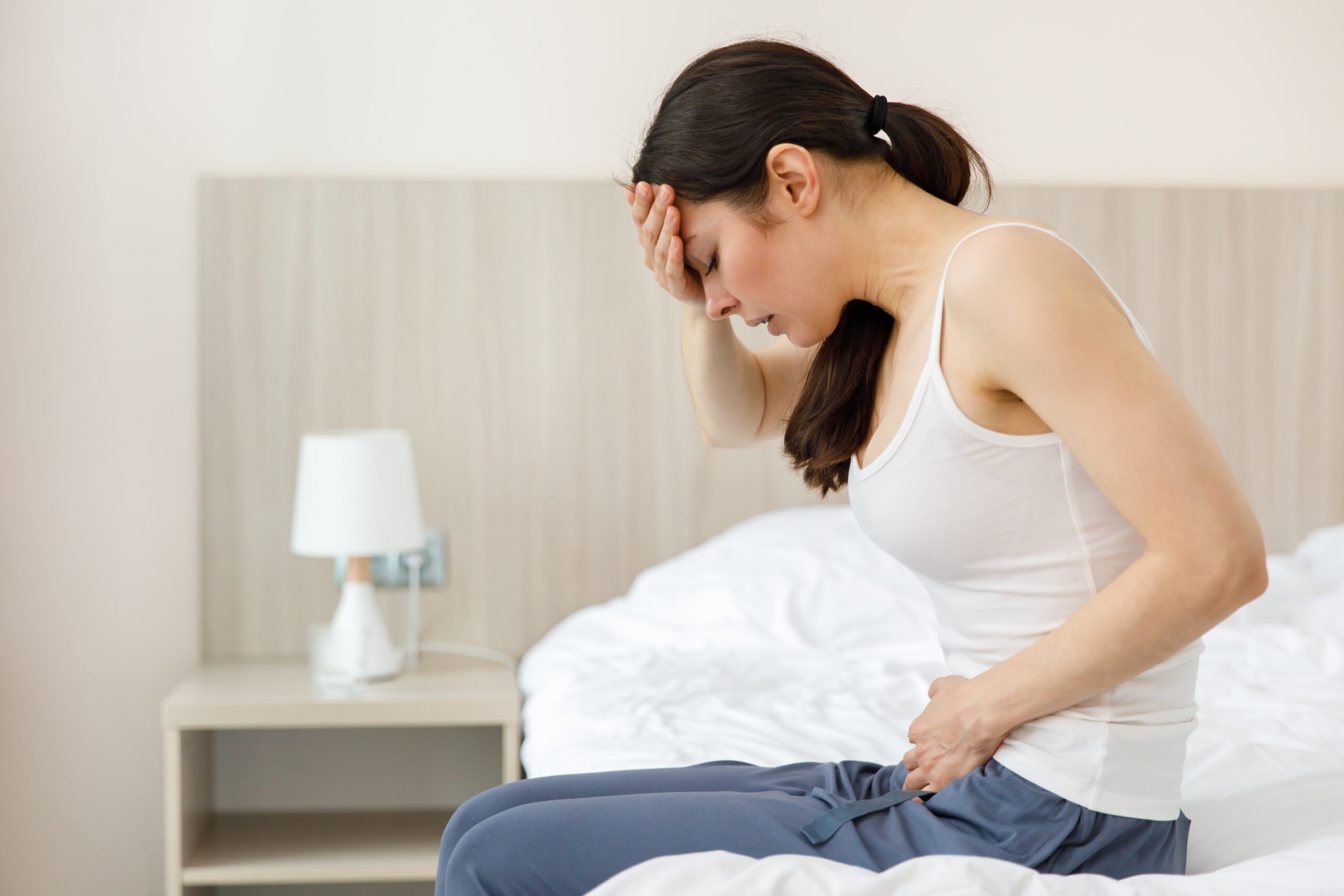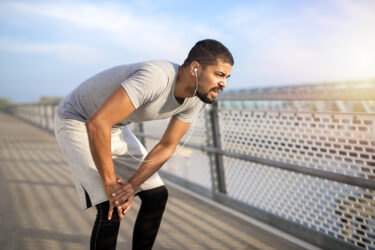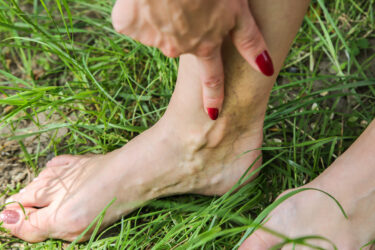Millions of people each year are affected by an overactive bladder (OAB). It is a condition in which a person experiences an uncontrollable urge to pee. It can interrupt an individual’s everyday activities. This condition makes it hard for people to control, causing some people to leak urine. However, several natural treatments are available to manage an overactive bladder. Read on to find out.
Symptoms
The symptoms of OAB may differ from person to person. The intensity of some symptoms may be higher for some individuals, whereas some may not experience a certain symptom at all. The
common symptoms of OAB are:
- The urgency to urinate
One may experience a strong sense of urgency to urinate. This urge usually does not result in a leak. - Frequent urination
Finding the need to visit the bathroom multiple times a day could be a sign of OAB. According to experts, more than eight times a day accounts for frequent urination. - Leaks
Urge continence or urine leaks generally happen when one attempts to hold in their urine for a long time. It is not the same as stress urinary incontinence. - Waking up at night to pee
If a person wakes up more than one time at night to use the bathroom, they might have OAB.
Treatments
People use different treatment options to manage the symptoms of OAB, which includes medication and exercise. The natural remedies for an overactive bladder are:
- Kegel exercises
In addition to regular exercises, kegel exercises can help strengthen the pelvic floor muscles. These exercises help improve your posture and reduce bladder contractions. Empty your bladder and tighten the pelvic muscles. Breathe normally and continue doing these exercises several times a day. - Bladder-friendly beverages
Beverages like plain water, cranberry juice, and barley water help reduce irritation as well as urges to urinate. You can also drink Kohki tea, a beverage made of Chinese extracts. It is rich in antioxidants and has protective effects on the bladder. Other caffeine-free teas are also a great alternative. - Bladder training
Due to OAB, a person’s bladder muscles began acting differently. With adequate exercise and dedication, one can create a bladder training program for themselves. The motive is to control the urge to urinate instead of peeing right away. - Fiber-rich food
Constipation can increase the pressure felt on your bladder. Fiber-rich foods such as beans, fruits, and vegetables can help you increase your fiber intake. This will help improve your bathroom habits and reduce bladder pressure. - Losing weight
Increased weight tends to increase the pressure on the bladder. This can also lead to stress incontinence. Eating healthy foods and engaging in regular exercise can help you improve bladder control. Doing kegel exercises alongside will help you gain more control of your bladder.







